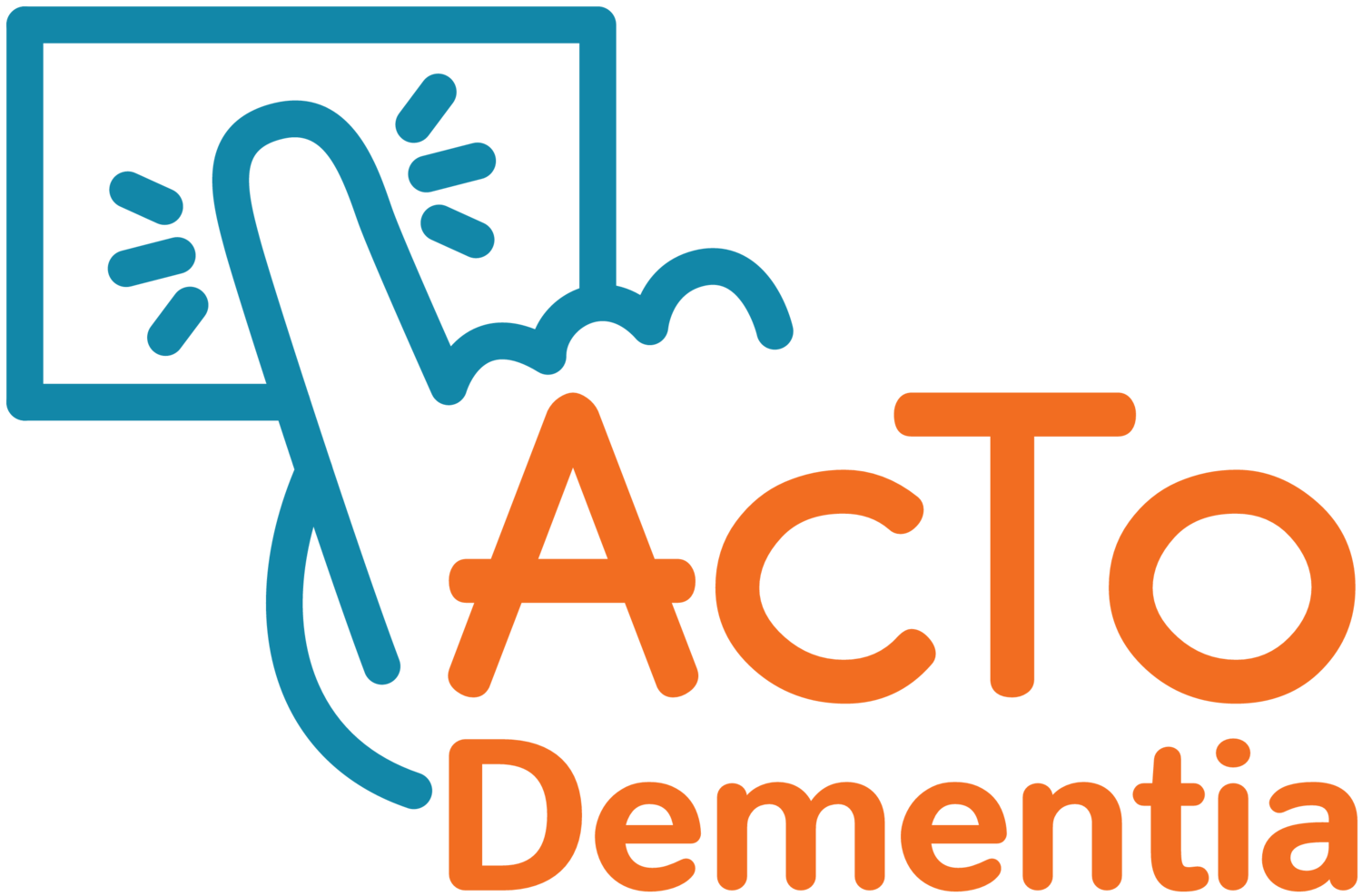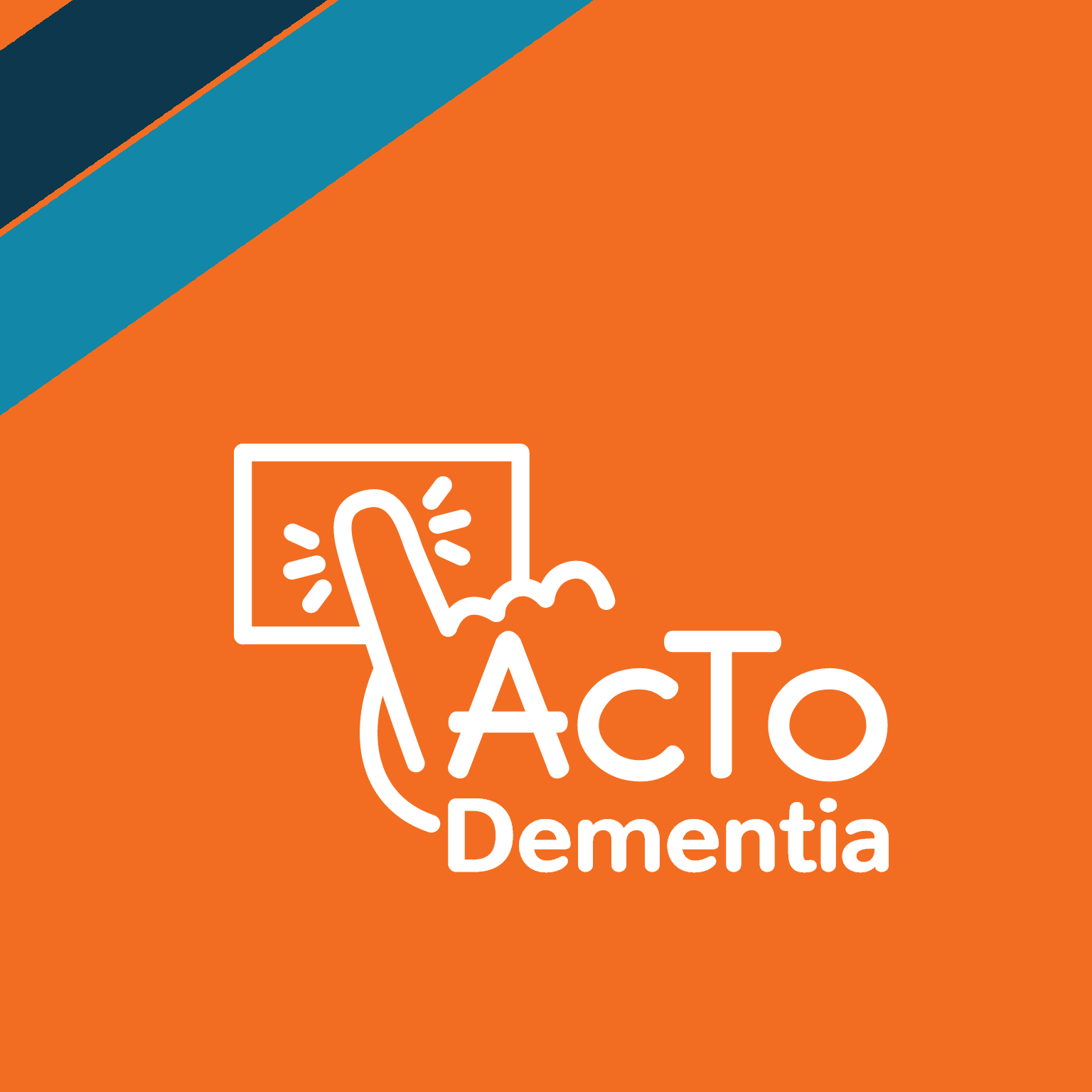AcTo Dementia at the Toronto Volunteer Youth Summit 2018
/Last month, work from the AcTo Dementia project was presented at the City of Toronto Long-term Care Homes and Services Volunteer Youth Summit 2018 in Canada. The organizers and attendees of the Volunteer Youth Summit were youth volunteers (age ranged from high school to university) from ten city-run long-term care facilities. The summit aimed to promote connection between volunteers, as well as offer insights into career paths they may wish to pursue in the future.
Yuhan Pan, a member of the Astell Lab, was invited to give a keynote presentation on the AcTo Dementia project, focusing on a more recent study which sought to identify Chinese touchscreen games. This on-going study was conducted at one of the City of Toronto care homes, exploring how Chinese-speaking people with dementia interact with tablet (iPad) games. Several culturally specific games (e.g. Mahjong) and novel games were selected through the AcTo evaluation framework, and played by the participants. Current results of the study were consistent with previous project findings; participants were able to learn to use the technology without prior exposure and enjoyed playing the games.
In order to connect better with the generation that grew up with technology, this presentation took an interactive style by asking questions at the beginning or end of each section. The questions ranged from personal experience with technology (e.g. what games they played and why they liked them) to interaction with people living with dementia. The audience, including young volunteers and volunteer coordinators from long-term care facilities were highly engaged throughout the 45-minute presentation, asking questions, making comments and throwing out ideas. Many offered valuable insights from their experiences. One prompt was “What kind of games might be suitable for residents with dementia to play?”, multiple people commented on elements such as choice of colour, timely feedback, and other aspects that corroborated the criteria in the AcTo dementia evaluation framework. Other times youths talked about how they communicated with residents who might not be fluent in English (e.g. gestures, pictures, etc.) as the presentation stressed on bringing meaningful activities to members outside of the cultural majority.
The Q&A session was especially fruitful regarding our understanding on ways to engage the younger generation in the field of dementia, and applying what they learned into their volunteer work. Some volunteers asked how they could work with the staff to bring iPads into residents’ regular activities, such as whether the games need internet to play, and how many devices they might need; others expressed that they might and try some of the AcTo dementia recommended games with their family members or residents they were working with.
There were also questions on the future possibilities of similar projects, which showed the youths’ interest in the dementia research field itself. One attendee asked if the Astell Lab was considering augmented reality devices such as the HoloLens. Another volunteer was curious about whether there were companies that specialize in making accessible apps for people living with dementia. Hearing those questions was especially heartening, as upon learning about just one research project, the youths were already trying to connect the hot topics from the tech world with the research world. Since Yuhan was a former volunteer at one of the care homes and was in their position not so long ago, the attendees also asked questions regarding university experiences and career choices. These type of questions seemed to resonate with many young volunteers as some of them followed-up during the break, curious about how to get involved in research at their own schools
It was encouraging to know that this presentation helped shed some light on the attitude (even enthusiasm) towards dementia research amongst the next generation of bright minds, perfectly demonstrated by this question from one youth volunteer: “How old do you need to be in order to get into research?”.







